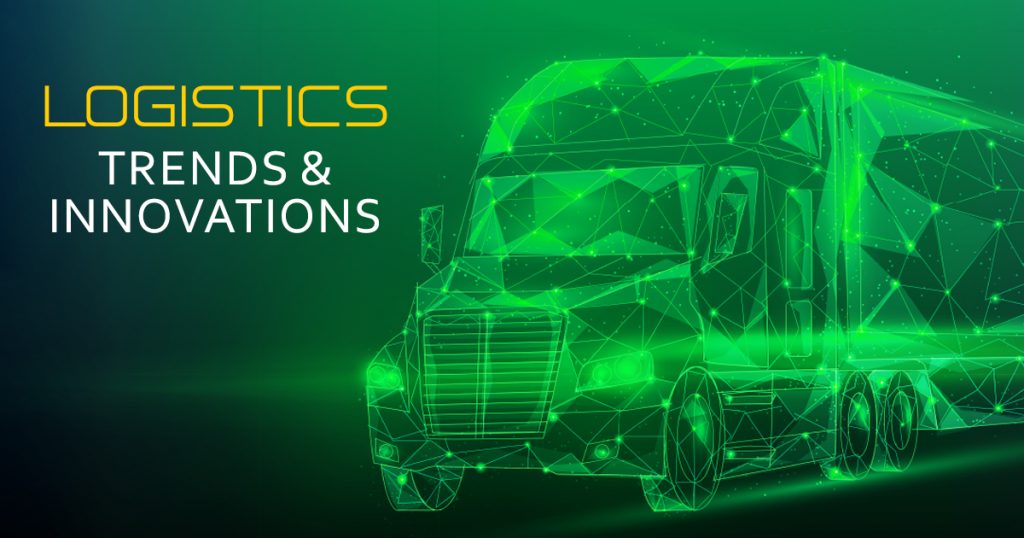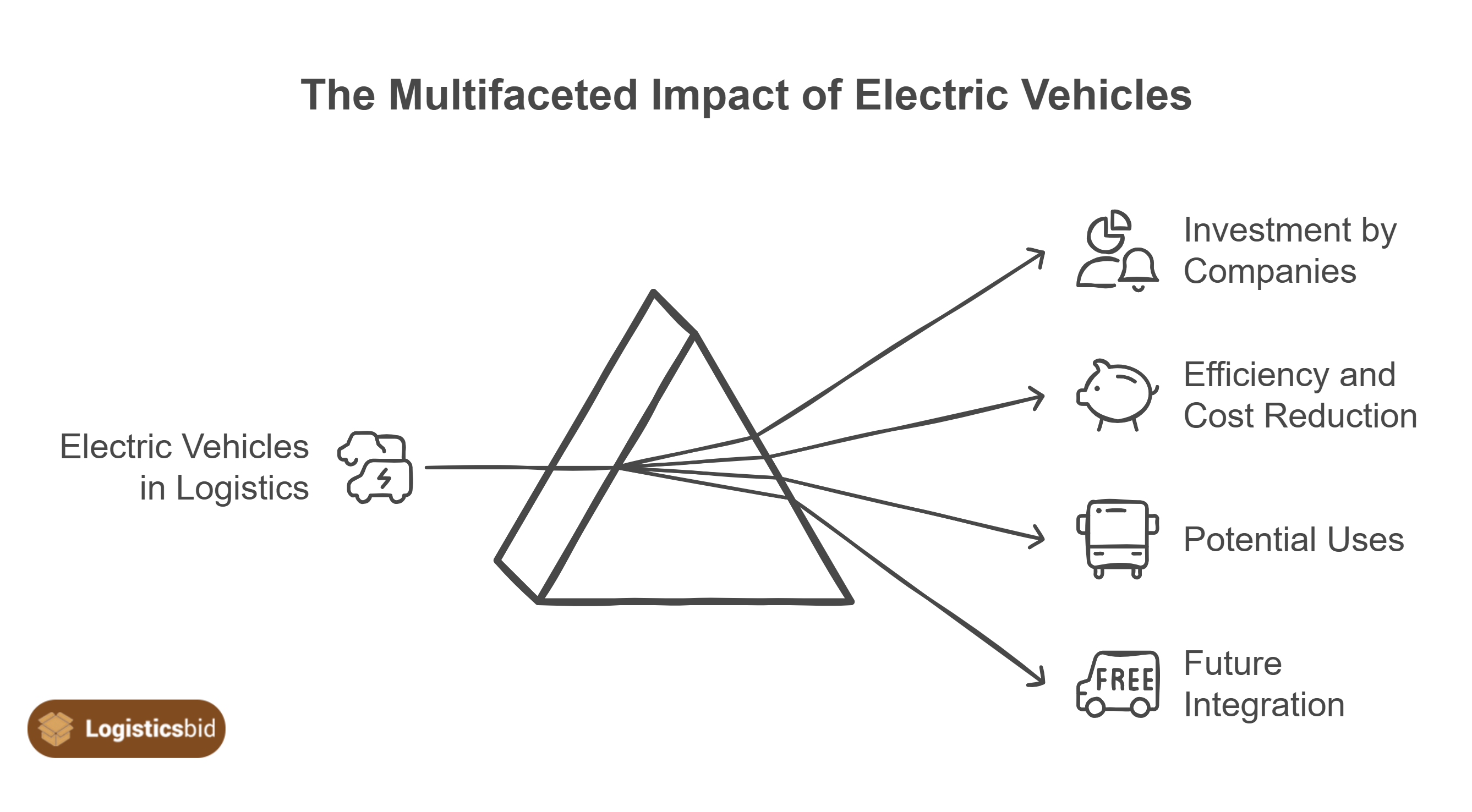
The logistics industry is one of the most rapidly evolving industries in the world. The advancements in technology and innovation have changed what it means to be a “logistics company.” A study predicts that by 2025, the logistics industry will consist of an estimated $7 trillion worth of transactions worldwide. In this article, we’ll discuss some trends that you should expect to see as well as how they can influence your business.
The logistics industry has long been one of the most essential in every nation and business. The industry dominates the movement of a wide range of items such as food, clothes, medical supplies, and more. As a result, this industry is always looking for innovations that will help them do their job better.
What Logistics Trends and Innovations Can We Expect in 2025?
Certainly, in the years following a pandemic, logistics trends are expected to change. The emphasis will be on enhancing customer service and satisfaction, resulting in increased competitiveness and productivity.
Growth of Electric Vehicles

In the logistics industry, electric vehicles are already becoming a trend. DHL and UPS have invested in the development of these delivery vehicles as part of their logistics businesses. Customers want packages to be delivered as quickly as possible, and they see it as a means of cutting expenses and improving efficiency. Autonomous and electric vehicles may also be utilized for non-autonomous tasks, such as delivering items or transporting people. Consumers can use them to make deliveries, automobile manufacturers can utilize them for research and development, and logistics firms may soon employ autonomous vehicles in their fleet.
AI Applications
AI has a wide range of applications in the freight management sector. Data analytics software can help you manage fleets effectively by utilizing AI. It may assist you in determining the best route based on weather or traffic patterns. Because it allows you to make more effective adjustments in demand and supply, this sort of program will give you an advantage over your competitors.
It also aids in the more accurate prediction of a vehicle’s condition, which might assist with fuel allocation and scheduling maintenance. Freight management is one of the first industries to embrace AI, and it’s already being used well across businesses. However, as an industry, there’s still room to grow. AI will become an important element of managing any fleet with continued invention and progress.
Integration of Blockchain Technology
The shipping and logistics industry is currently exploring the potential of blockchain technology, which is a relatively new concept in this sector. It’s a decentralized ledger that keeps track of all events and allows users to interact without passing through a third party. The usefulness of this technology is in its potential to reduce fraud, as it makes it difficult for someone to tamper with data without being discovered.
Blockchain technology may provide fresh methods to make supply chain operations more efficient, secure, and transparent than they’ve ever been. One of the most exciting possibilities is traceability. Tracking food items or monitoring cargo shipments are two examples of how blockchain technology may be used to enhance supply chain management. The ability to manage worldwide trade documentation and expedite customs clearance is possible through blockchain technology.
The logistics sector is a vast and complicated market. It is the engine of every economy and is anticipated to expand in size and importance in the immediate future. The future direction in logistics is your company’s future. A plan can help you stay ahead of the competition, but inadequately adapting to changing conditions will leave you behind.
SEE ALSO:
